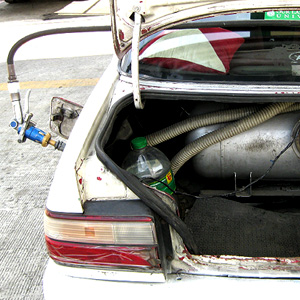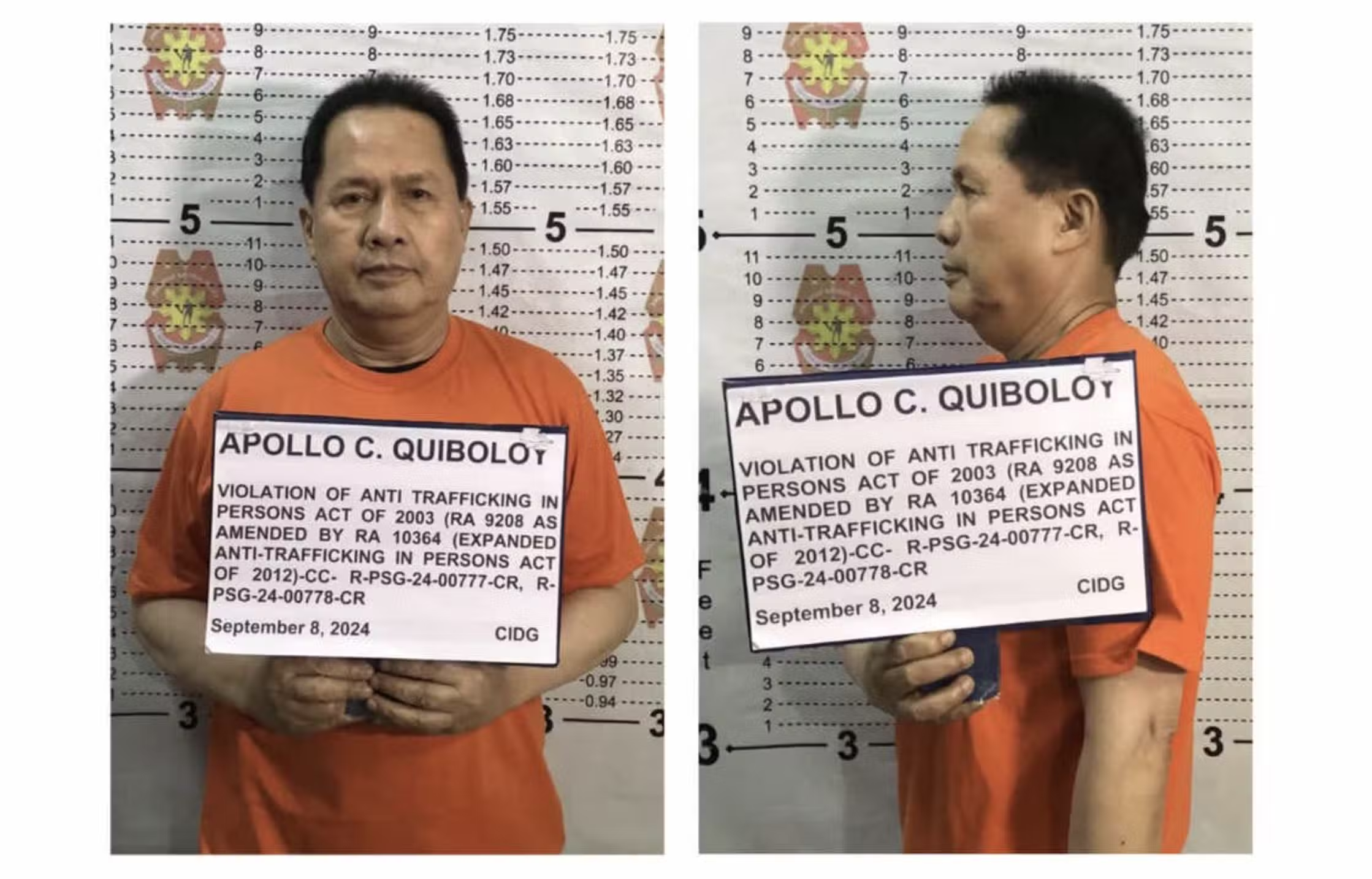
Several government agencies are at odds over the health and safety hazards of Liquefied Petroleum Gas-powered taxis.
Energy Secretary Jose Rene Almendras has already called on the Department of Health (DOH), Department of Science and Technology (DOST), and the Department of Transportation and Communications (DOTC) to discuss the concerns of drivers and passengers aboard the converted taxis.
Almendras said there is solid basis for claims that LPG taxis pose health and safety hazards especially if the LPG installation has not been handled properly. Almendras has called for discussions that will center on who should regulate the conversion of vehicles to LPG fuel and how the processes should be handled.
Meanwhile, Health Undersecretary Teodoro Herbosa has reacted negatively to the recent reports detailing illnesses that have stricken taxi drivers as a result of exposure to LPG fumes. Herbosa has called these reports unsubstantiated theories, which are not supported by scientific evidence. However, he did admit that inhaling chemicals in the LPG can be absorbed into the blood.
Iloilo First District Board Member Macario Napulan, who is a doctor and a Board chairman of the Committee on Health, has called for an investigation on the issue. Napulan has said any LPG leak can put those subjected to it at risk, especially those already suffering from existing respiratory illnesses.
Malacañang, meanwhile, is not inclined to order an investigation.
Deputy Presidential Spokesperson Abigail Valte merely said the Palace is “open” to an investigation, but its first and foremost concern is for government to make sure taxis are complying with the set standards required for the installation of LPGs in public utility vehicles.
President Aquino has been promoting LPG as an alternative fuel source to lessen our dependence on petroleum products.
Land Transportation and Franchising Board (LTFRB) Director Porferio Clavel said that, “it is incumbent on us to implement the LPG conversion with the government’s objective for cleaner air and LPG is environment- friendly.”
Using LPG as automotive fuel has been promoted in the country since2002, three years after the Clean Air Act was approved.
In 2008, around 7,000 vehicles were converted to LPG following the PhP1 billion engine conversion program of the Macapagal-Arroyo administration for jeepney, bus and taxi owners.
Nevertheless, reports of LPG taxi drivers suffering from adverse skin and respiratory conditions have come out since 2007. In July of that year, then Health Secretary Francisco Duque III ordered the department’s Environmental and Occupational Health Office (EOHO) to study the hazards linked to LPG-fueled vehicles after taxi drivers logged in several complaints.
Consistent complaints include dryness of throat and pain in the neck region, unexplained severe exhaustion or “panghihina”, weight loss, and allergies on the skin. A driver even declared that he gave up his LPG unit and asked to be transferred to one that carried diesel or regular gasoline after suffering dubious symptoms earlier this year.
Cielo Fregil, Managing Director of Global Ambient Hi-Technology Systems, which is engaged in LPG conversion, questioned the negative reports.
Fregil claimed that when properly maintained, LPG poses no health hazards. It is the fly-by-night conversion systems that cause leaks, she said. “Conversion kits that follow the highest safety standards pose no hazard,” she said.
The increasing number of evidence against the LPG taxis, though anecdotal, must not be ignored. The reported cases, if accurately tallied and carefully studied, are bound to reveal some truth.
It is imperative for government to check the veracity of these complaints. Not doing so will put more people in harm’s way.






